Reading
Day 1 Ezekiel 17:1-19:1
Day 2: Ezekiel 20:1-22:16
Day 3: Ezekiel 22:17-23:49, 2 Kings 24:20-25:2, Jeremiah 52:3-5, Jeremiah 39:1, Ezekiel 24:1-14
Day 4: Ezekiel 24:15-25:17, Jeremiah 34:1-22, Jeremiah 21:1-14, Ezekiel 29:1-16, Ezekiel 30:20-31:18
Day 5: Jeremiah 32:1-33:26, Ezekiel 26:1-14
Day 6: Ezekiel 26:15-28:26, 2 Kings 25:3-7, Jeremiah 52:6-11, Jeremiah 39:2-10
Day 7: Jeremiah 39:11-18, Jeremiah 40:1-6, 2 Kings 25:8-21, Jeremiah 52:12-27, 2 Chronicles 36:15-21, Lamentations 1:1-22
Preview
Hard Questions
- (Ezekiel 18) Does this contradict Exodus 20:5 and 34:6-7? The people are hiding behind a proverb, “The fathers eat sour grapes, and the children’s teeth are set on edge,” to avoid dealing with their own sin. They can say that they’re suffering because of what their fathers did, while they continue to practice unbelief (as evidenced both by Ezekiel’s visions of what is happening in the temple and by the people’s hard-heartedness in response to God’s message through him). The people were using this proverb with Jeremiah too (Jer. 31:29-30), effectively to avoid responsibility for their part in the exile. In Ezekiel 18, and in Jeremiah 31, God does away with this proverb: the soul that sins shall die. Each person is responsible for his or her response to God. Does this contradict Exodus 20:5 and 34:6-7? No; these two concepts go together. Generations live out the natural and logical consequences of their parents’ choices, whether for blessing or for cursing; and each individual gets to choose within his or her own life whether he or she will respond to God’s Word and live or die to Him. Righteousness or unrighteousness is an individual standing before God, outside of the generational consequences of the choice to love or hate Him. Ezekiel then shares three very specific, very concrete examples of individuals, their choices, and their consequences.
- (Ezekiel 21:18-23) What’s going on with the king of Babylon at the crossroads, looking at a liver? Many ancient peoples practiced this, but the Babylonians took it to a new level. They had books on hepatoscopy—the reading of the liver, and they actually made atomically correct clay models of livers that showed different physical aspects (such as placement of veins or attachment of other pieces of organs), each of which carried meaning. Livers and other organs would tell them what the weather would be like, or whether one decision or another was favorable. The king of Babylon is looking at a liver to see which way he should go at the crossroads. If you’ve read Shakespeare’s Julius Caesar, you’ve run into this. Ezekiel here is giving God’s perspective—the king of Babylon may be reading a liver, but he’s definitely stuck in God’s plan.
- (Ezekiel 24:15-27) What’s up with the death of Ezekiel’s wife? Ezekiel probably prophesies about this in the mourning and then loses his wife in the evening. I found two different perspectives on what the mourning could signify: mourning after death, or mourning before death, intended to ask God not to take her life, which we see in David’s story when Bathsheba’s child is going to die (Diana Lipton, “Early Mourning? Petitionary versus Posthumous Ritual in Ezekiel XXIV”). Thus the response demanded of Israel could be not to mourn once Jerusalem has fallen (because their choices have brought this about, in the face of God’s great love for His people as His bride, cf. Hosea), or that they are not to cry and weep and ask God not to bring it about, because it’s too late. Either way, we’re left with a difficult story. One possible answer is that the Hebrew indicates that she dies of plague (The word that is translated “with one stroke” is more frequently translated in terms of plague), which could mean that she was already ill and going to die, so not just killed by God in one moment as from a thunderbolt from heaven as an object lesson. God uses such a terrible moment to illustrate how tragic the fall of Jerusalem is, both for the people and from His own perspective. (I heard a sermon on this chapter as part of a youth conference one time, and it basically terrified all of the teenagers, as if following God necessarily meant that God could kill their most loved people at any given time. This is a one-off in Scripture, except for when God goes through it Himself on the cross.)
- (Jeremiah 34:18) “‘I will give the men who have transgressed My covenant, who have not fulfilled the words of the covenant which they made before Me, when they cut the calf in two and passed between its parts.”x According to Feinberg, “As in the Assyrian inscriptions, the intention was that, as they passed through the pieces of the divided sacrifice, they invoked on themselves a curse that, if they broke the covenant, they would be cut in pieces like the sacrificial calf.”
- (Ezekiel 26:6ff) Understanding the fulfillment of the doom of Tyre.
- (Ezekiel 28) The two rulers of Tyre
Review
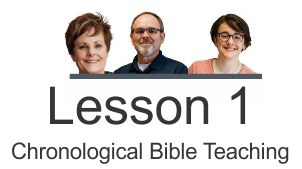
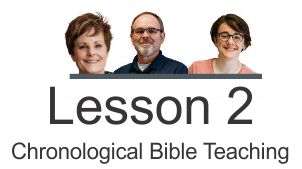
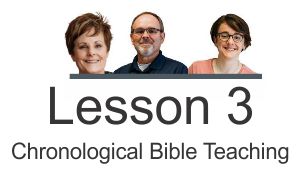
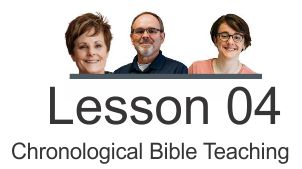
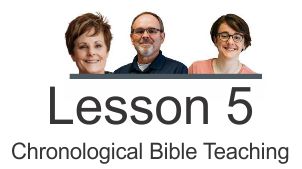
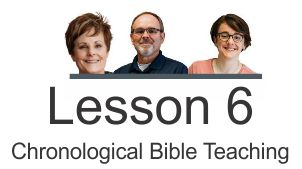
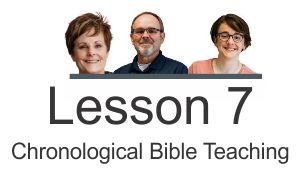
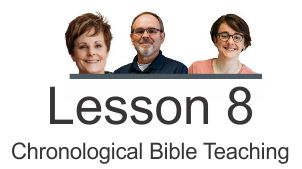
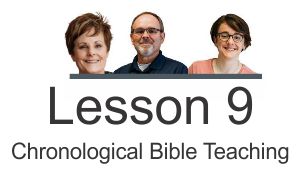
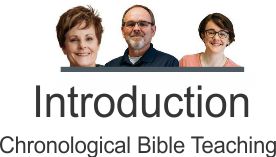
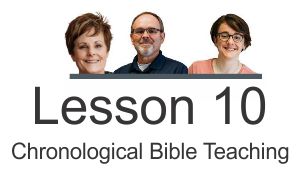
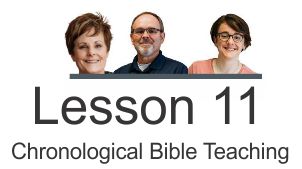
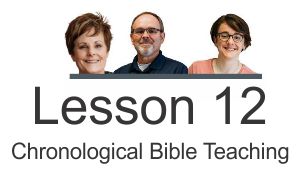
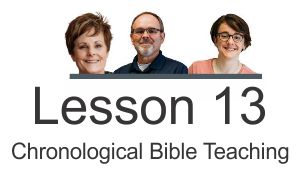
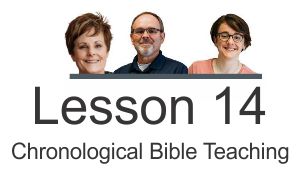
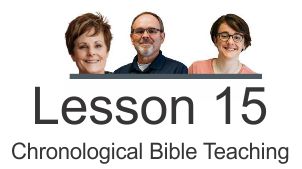
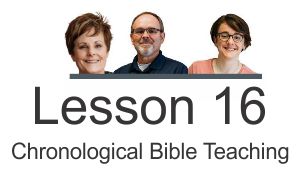
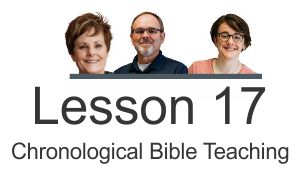
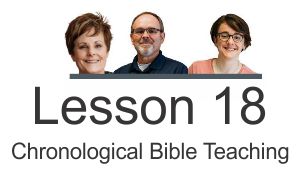
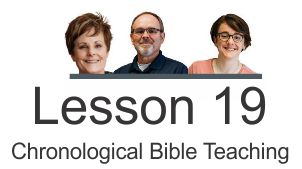
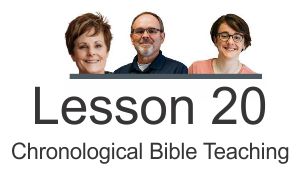
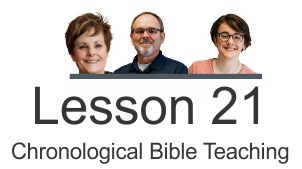
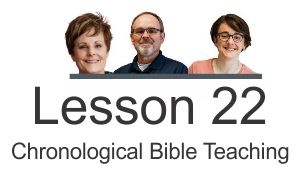
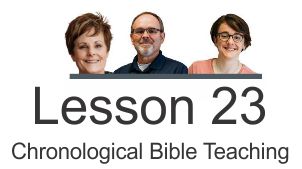
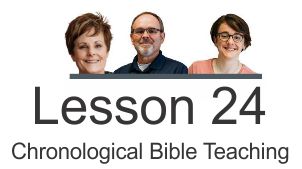
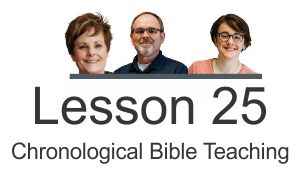
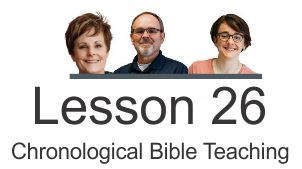
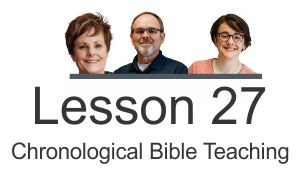
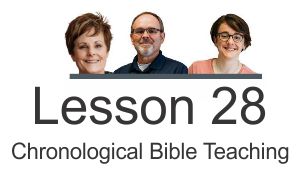
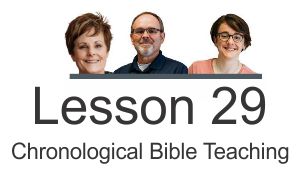
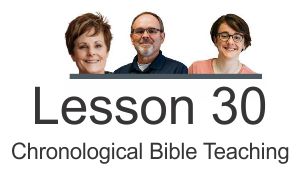
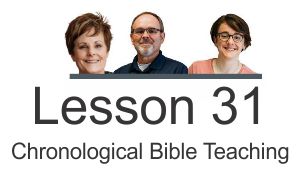
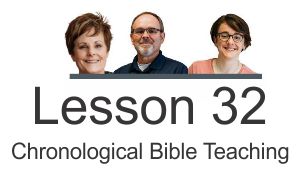
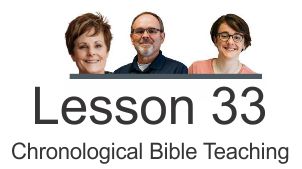
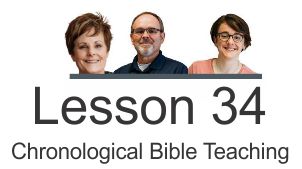
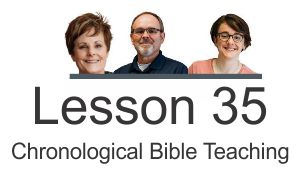
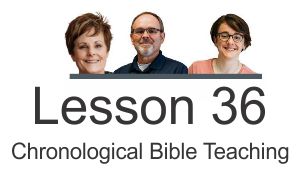
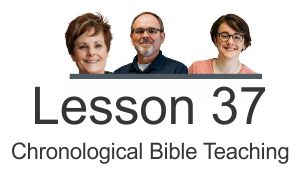
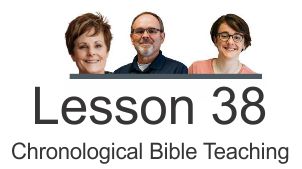
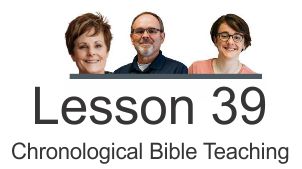
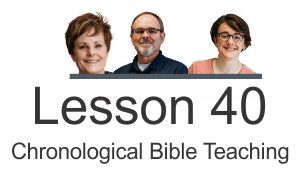
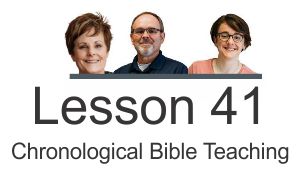
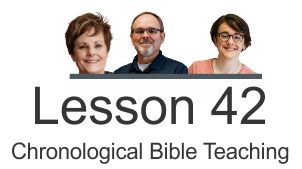
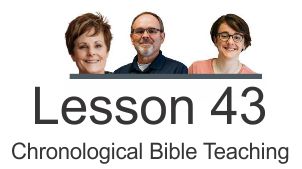
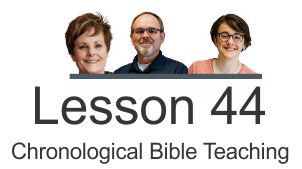
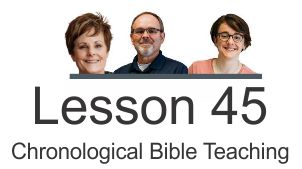
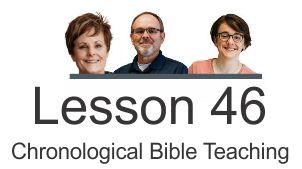
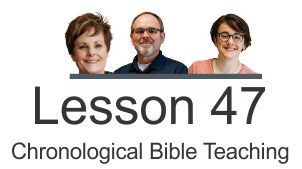
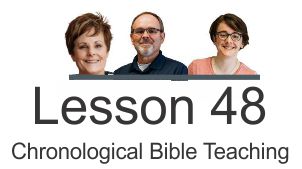
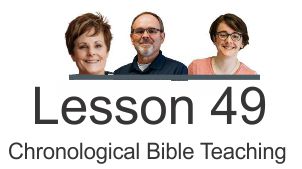
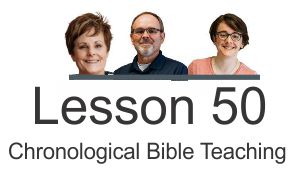
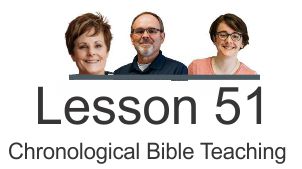
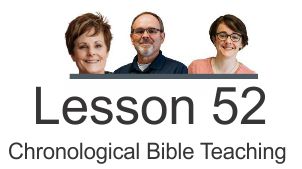
Page Discussion
Membership is required to comment. Membership is free of charge and available to everyone over the age of 16. Just click SignUp, or make a comment below. You will need a user name and a password. The system will automatically send a code to your email address. It should arrive in a few minutes. Enter the code, and you are finished.
Members who post adverts or use inappropriate language or make disrespectful comments will have their membership removed and be barred from the site. By becoming a member you agree to our Terms of Use and our Privacy, Cookies & Ad Policies. Remember that we will never, under any circumstances, sell or give your email address or private information to anyone unless required by law. Please keep your comments on topic. Thanks!